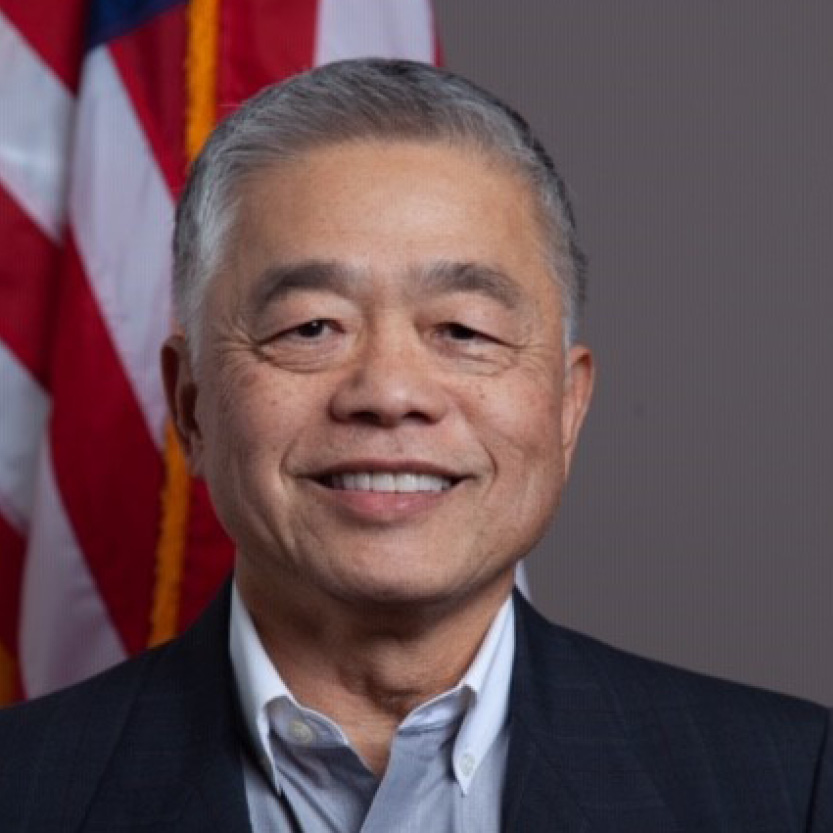SSGA Member Profile: Rob Prather, Global Processing
There are advantages to working in a small business that operates, quite literally, on a global scale.
“We know the IP (identity-preserved) customers; we see their needs and opportunities first-hand and can directly react to assist,” said Rob Prather, the chief strategic ambassador for Iowa-based Global Processing. “The personal relationship is the cornerstone of our industry.”
Global Processing, which began operation in 2009, exclusively processes food-grade, non-GMO IP soybeans that can be shipped directly to food producers, whether those customers are in the United States or around the world.
“When the processed raw IP soybeans leave our door, they won’t be touched again until they’re turned into soy food and eaten,” Prather said.
Prather has been in the industry since 2008 and involved with Global Processing since 2015. He says Global Processing is always listening to its customers, asking them what they want and what they’re looking for. Those IP needs are evolving quickly with soy food innovation.
“We’re always looking at new varieties of soybeans,” he said. “We’re always looking at ways to help customers buy a better product so they can make a better product.”
Food producers are starting to see the value in those products, Prather said, so the efforts are working.
“The traditional grain market sees IP as a higher-cost product compared to non-IP grains,” Prather said. “Food producers that utilize IP realize the value of IP in production efficiency gains, a higher-quality and more-consistent retail product.”
Prather is an SSGA board member and serves on SSGA’s food grade soya action team. With more than a decade of experience connecting growers with international buyers, he traveled to Japan and many other parts of Southeast Asia in November to meet with current and potential buyers.
Prather also traveled to Ottawa, Canada, in February along with other SSGA board members and staff to meet with SSGA’s overseas technical advisers hired to promote IP crops abroad.
“The opportunity to learn more and more about IP products and IP players is something that excites me about this industry,” he said. “There’s always something new that can be learned. … I’m very grateful to have been able to meet with that group.”
During its second year of operations, SSGA is helping the IP industry reach those customers, Prather says.
“SSGA has a unique ability to specifically represent the market needs, issues and interests of IP field crop farmers and the buyers needing to utilize IP products,” Prather said. “Direct connections create awareness and understanding and build mutually beneficial relationships.”
Prather will be presenting “Supply Outlook for U.S. Specialty Soybeans for Food Uses” at the upcoming virtual Pan Asia Soy Food Summit June 9-11.







